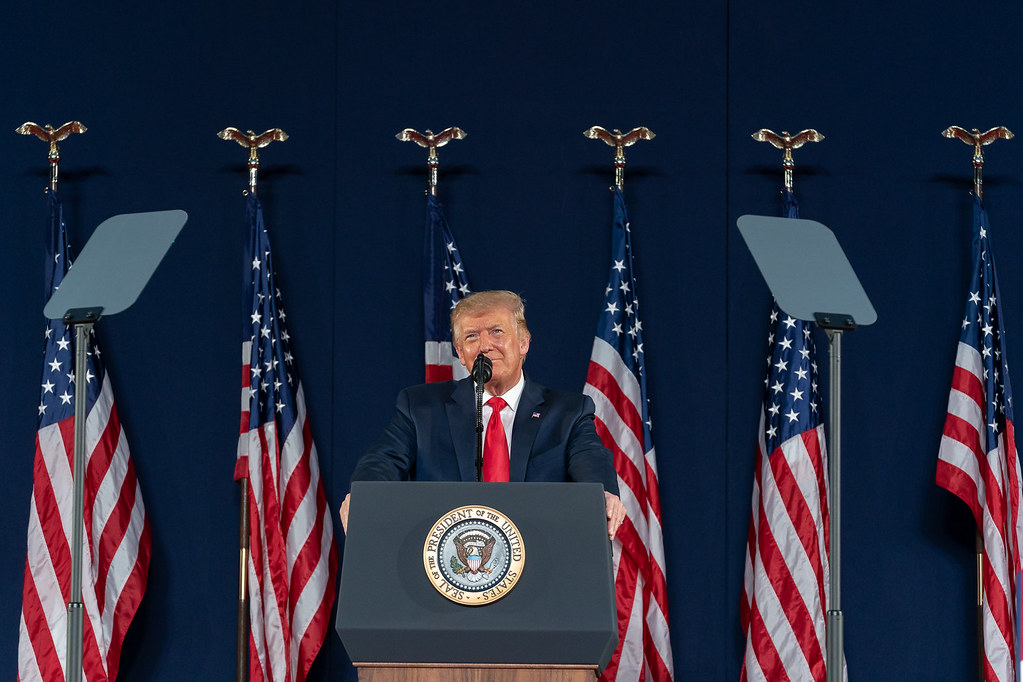
President Donald Trump announced that the United States will provide Patriot air defense missile systems to Ukraine to aid in defending against escalating Russian drone and missile attacks. However, he emphasized that the financial burden of the weapons will be covered by the European Union, not the U.S.
Details on the Weapon Shipment Remain Unclear
Speaking with reporters at Joint Base Andrews on July 13, Trump did not specify the number of Patriot systems to be sent or finalize the agreement details. “We will send them Patriots, which they desperately need,” he said, reiterating that the U.S. would not be paying for the equipment.
Trump criticized Russian President Vladimir Putin for his contradictory behavior. “Putin really surprised a lot of people. He talks nice and then he bombs everybody in the evening. There’s a little bit of a problem there. I don’t like it,” Trump said, reflecting increased tension in recent weeks.
Ukrainian and European Roles in Defense Support
Ukrainian President Volodymyr Zelenskyy has urged the U.S. to approve the sale of Patriot missile systems amid intensified Russian attacks. Earlier shipments were paused due to Pentagon stockpile reviews but resumed last week by presidential approval.
Zelenskyy highlighted Ukraine’s readiness to purchase the systems and encouraged European assistance in financing. “Ukraine is ready to buy this equipment and support American weapons manufacturers. Europe can help,” he said following a June 25 meeting with Trump.
Trump also noted that the U.S. will send “sophisticated military” equipment to Ukraine, with plans for further discussions involving NATO Secretary General Mark Rutte. Last week, Trump confirmed in an NBC News interview that NATO would cover the costs of weapons supplied through the alliance, stating, “We are not paying for any more weapons.”
Author’s Opinion
The U.S. decision to send Patriot missiles to Ukraine while relying on European partners to cover the costs reflects a broader shift in burden-sharing within global defense alliances. This approach balances American support for Ukraine’s defense with political pressures at home to reduce direct expenditures. However, it also risks complicating transatlantic relations if funding commitments falter. True solidarity requires both financial and strategic commitments across all partners to effectively counter escalating threats.
Featured image credit: Trump White House Archived via Flickr
For more stories like it, click the +Follow button at the top of this page to follow us.
